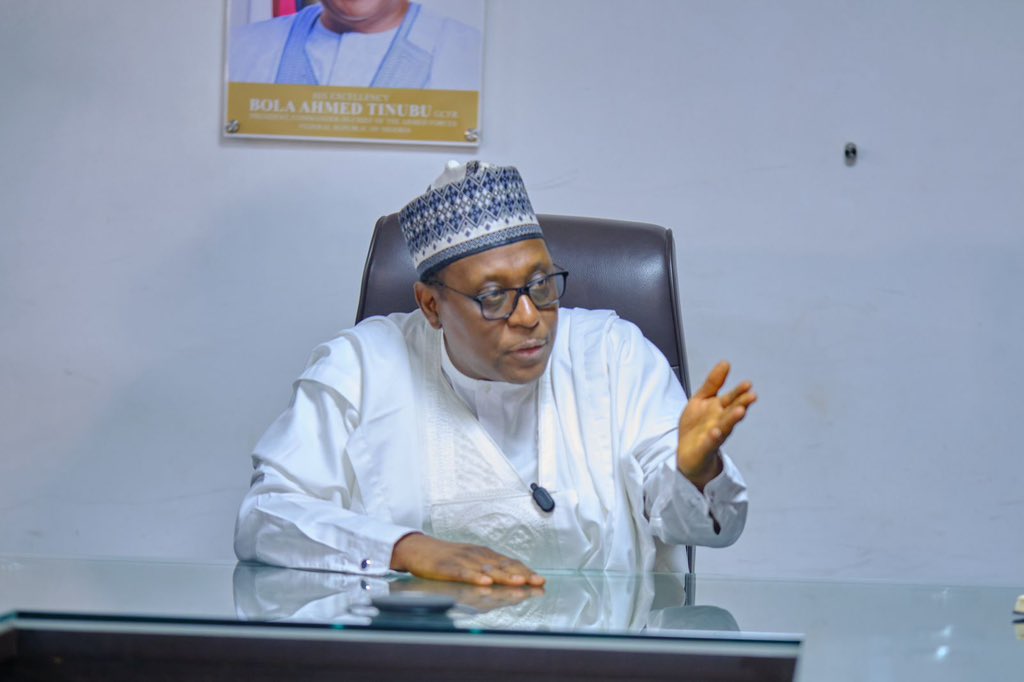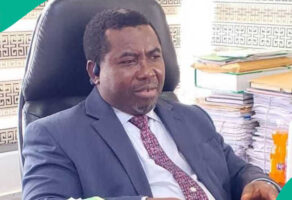As President Bola Ahmed Tinubu marks the midpoint of his first term in office, the Federal Government has unveiled what is being described as the most significant investment in cancer care in Nigerian history.
The initiative includes the establishment of the largest network of oncology and diagnostic centres in West Africa.
The ambitious project, which is expected to train up to 500 clinicians over a three-year period, will serve approximately 2,000 oncology patients and 350,000 diagnostic clients annually.
According to official sources, newly constructed cancer centres located at the Federal Teaching Hospital, Katsina; the University of Nigeria Teaching Hospital (UNTH), Nsukka; and the University of Benin Teaching Hospital (UBTH) are set to be commissioned in the coming weeks by President Tinubu and opened for public use.
In preparation for the full operationalization of these facilities, key institutional staff are currently undergoing specialized training in South Africa, officials said.
Read Also
As part of efforts to make cancer care more accessible and affordable, the National Health Insurance Authority (NHIA) has introduced a cost-sharing initiative aimed at subsidizing treatment expenses. Under this scheme, eligible disadvantaged patients undergoing radiotherapy can receive up to ₦400,000 in financial support.
Officials say the initiative directly aligns with President Tinubu’s Renewed Hope Agenda, which seeks to eliminate both supply- and demand-side barriers to quality healthcare delivery in Nigeria.
“This investment not only expands access but also enhances the quality and affordability of cancer diagnosis and treatment across the country,” a senior health official noted during a media briefing.
The new facilities are expected to drastically reduce the burden of cancer care on Nigerian families, many of whom currently travel abroad for treatment or face prohibitive costs locally.
The administration reiterated its commitment to transforming the nation’s healthcare landscape through sustained investments, strategic partnerships, and people-centred policies.





